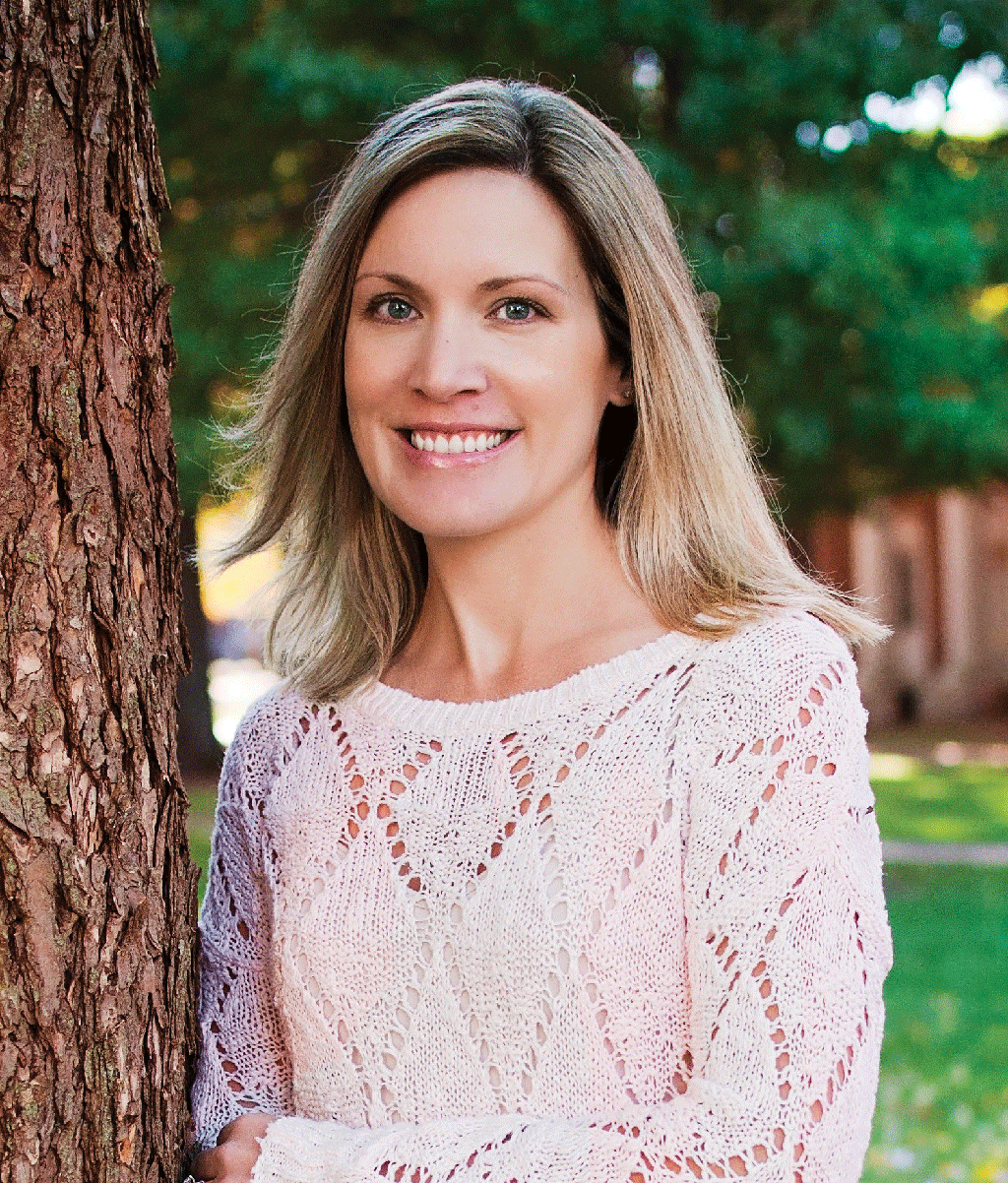
Megan (Colpitts) Miranda, who graduated from MIT with a degree in biology, intended to pursue a career in biotechnology. Instead, she became a successful fiction author whose book All the Missing Girls is a New York Times best seller. Both careers share a trial-and-error approach to achieving success, she believes.
“There are a lot of similarities in the process,” Miranda says. “Each book draft is an experiment where I can assess what’s working and what’s not. You start with a blank slate; then each step gets you closer to a solution.”
Miranda did work in biotech in Boston for two years after graduation before moving with her husband, Luis Miranda ’01, to North Carolina, where she spent two years as a high school science teacher.
“Teaching put me back in touch with the elements that made me initially fall in love with science,” she says. “That love of science kind of funneled into writing my first books, which all contained weird scientific elements in their plots.”
Miranda began writing full time after the birth of her two children. After a few years of proposals, rewrites, and revisions, her first book, the young-adult thriller Fracture, was released in 2012. Six other books quickly followed, including Hysteria, Vengeance, Soulprint, and The Safest Lies. But the one to make the biggest impact is All the Missing Girls, a story about the disappearance of two young women that was named editors’ choice by the New York Times Book Review and one of the Wall Street Journal’s “5 Killer Books for 2016.” Miranda’s most recent work, The Perfect Stranger, was published by Simon & Schuster this year. And her next young-adult book, Fragments of the Lost, is due out in early 2018.
Miranda credits the thematic elements of her young-adult books, in part, to her coursework at MIT, where she mixed bioengineering with a steady dose of anthropology and literature.
“My first books combined biology and anthropology,” she says. “They are different sides of the same interests. Biology is the science element, confirmed by process of experiment, while anthropology is the human element.”
MIT’s “fail-forward” mentality also helped lay the groundwork for her literary career. “At MIT, I learned not to fear failure,” Miranda says. “MIT is the type of place where you need self-discipline and a willingness to take risks and try a different approach. Writing is no different.”
Miranda lives near Charlotte, North Carolina, with her husband, a senior manager at Accenture, and their 11-year-old daughter and nine-year-old son. She enjoys connecting with readers through school and library visits, and she offers Skype Q&A sessions to book clubs and classes.
Keep Reading
Most Popular
Large language models can do jaw-dropping things. But nobody knows exactly why.
And that's a problem. Figuring it out is one of the biggest scientific puzzles of our time and a crucial step towards controlling more powerful future models.
How scientists traced a mysterious covid case back to six toilets
When wastewater surveillance turns into a hunt for a single infected individual, the ethics get tricky.
The problem with plug-in hybrids? Their drivers.
Plug-in hybrids are often sold as a transition to EVs, but new data from Europe shows we’re still underestimating the emissions they produce.
Google DeepMind’s new generative model makes Super Mario–like games from scratch
Genie learns how to control games by watching hours and hours of video. It could help train next-gen robots too.
Stay connected
Get the latest updates from
MIT Technology Review
Discover special offers, top stories, upcoming events, and more.